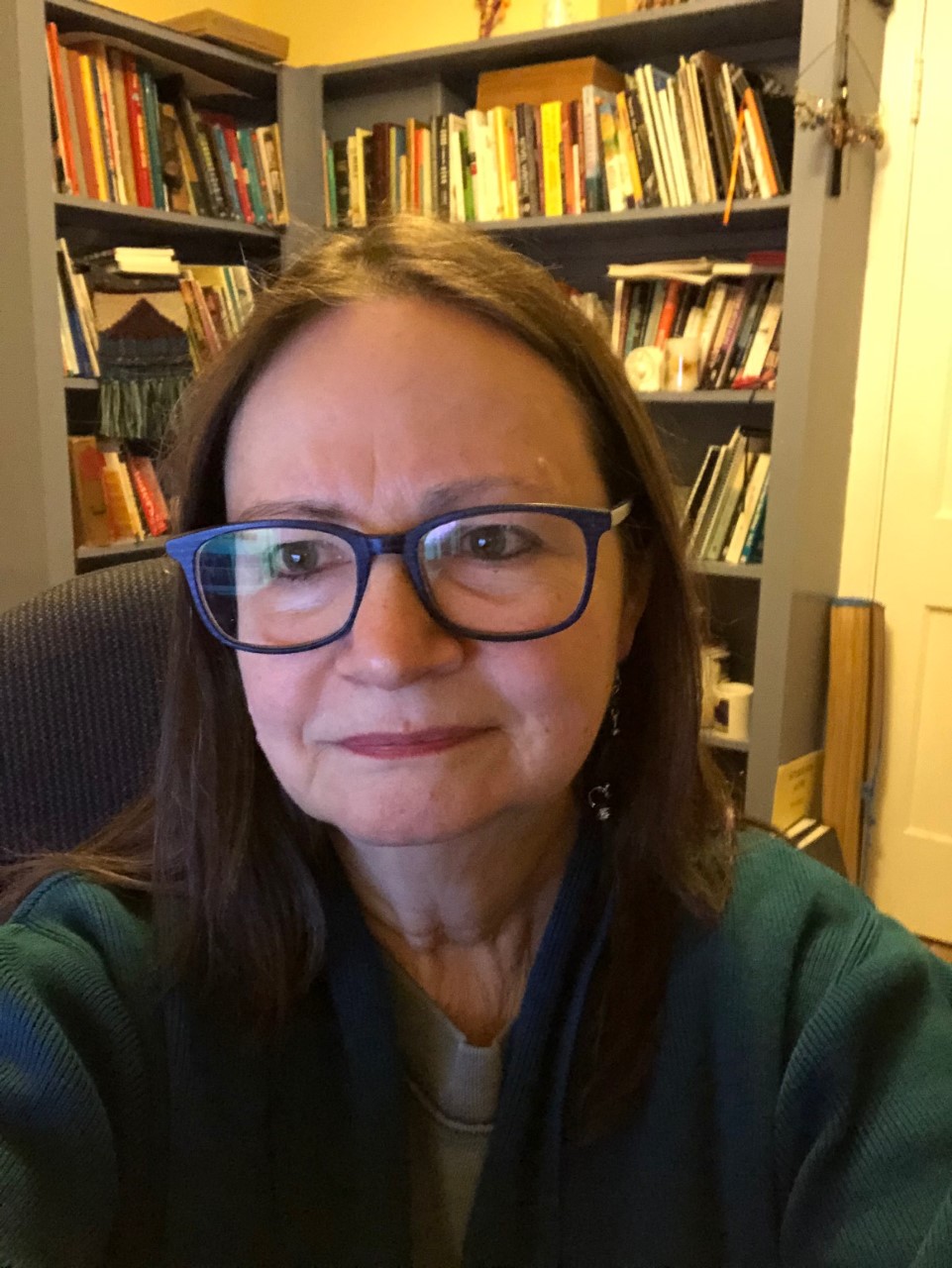Monday Miscellany - June 28, 2021
by Baltimore Review Staff Members
Monday Miscellany for June 28, 2021
Writer’s Procrastination
I’ve never been a fan of the term “writer’s block.” I don’t typically experience it. If I’m in front of the page or the screen, and I want to write something, I can easily do so. If that something I write is any good, or if I’m satisfied with it, or if what turns up in words matches what was in my brain—well, that’s another story.

What I experience more often than writer’s block is writer’s procrastination. This involves talking about writing, talking about how I’m not writing, complaining to my fellow writer friends that I haven’t been writing lately, thinking about writing, and essentially doing any task except for writing. A professor of mine once said if you aren’t writing five pages a week bare minimum, you can’t call yourself a writer. And that seems easy—incredibly easy! Five pages a week? No problem. But here we are, it’s almost July, and I’ve probably written five pages this entire month.
I was watching a favorite show of mine last night and was struck by a particular scene. The main character decides to go jogging (he wants to be, you know, one of those people—the running type). Halfway up a hill, he falls to the side of the road, gasping for air, proclaiming he can’t go any farther. Another jogger stops and leans over him. “It gets easier,” he says. “You just have to do it every day. That’s the hard part.”
This really resonated with me in terms of writer's procrastination. When I schedule time to write and keep true to my own plans, writing gets a little easier each day that I do it. It’s the structure that the rebel in me despises that ends up feeding my craft.
I’ve been told by plenty of people that the greatest writers typically share one trait—massive output. This reminds me of another tip I’ve been given, which is that writers end up using only about 10% of their work, so you might as well be writing like crazy to expand that tiny percentage. Who knows the validity of that statistic, but I’d like to think it’s true. It inspires me to continue generating work.
Taking yourself to the page on a daily basis, or at least a more consistent basis, can be very hard work. It’s like meditation or going to the gym. I never want to do it, but I always feel better after. I continue to search for some easy way to cure writer’s procrastination, but the answer for me seems to always be sinking into the moment and just doing it.
The last bit of advice I’ll give is to read. Read, read, and read some more. I made the mistake for years of writing more than I read (which ended up not being a lot of either). But when I switch those two things around, and when I start reading anything I can get my hands on, I end up constantly grabbing my bookmark and trading the book for a keyboard.
Happy writing!
How do we truly reach the next level in our writing?

I see a lot of advice that says we should write every single day around the same time in order to improve our writing. It makes sense; practice makes perfect, and if we consistently practice one thing every day, we’re bound to get better at it. But I think there’s a caveat to this rule. Sometimes we have those days where the last thing we want to do is stare at our Word document and muster up some slop just to say that we wrote something. That’s okay! Not every day needs to be about adding more plot to the story and, usually, uninspired writing is bad writing.
One of the greatest pieces of wisdom I’ve received was from one of my college English professors who said that if you practice sucking at writing, you will suck at writing. This of course doesn’t mean we should do nothing on days we don’t feel like writing. Think about another aspect of the story-making process that everyone dreads: rewriting and editing. These are things that don’t require a whole lot of creativity or inspiration but are still essential parts of the craft. It is much easier to play around with what is already on the page than coming up with something brand new on days we don’t feel creative. It also allows us to stay engaged with our writing and could lead to the inspiration that we need. So save the technical and boring stuff for the days you feel boring. You’ll thank yourself later when you get into that flow state and don’t have to worry about polishing up old words.
On Pseudonyms:
Or here’s where I get pummeled for one of my not-always-popular opinions. Editors don’t always agree. So it goes.
I understand that pseudonyms have been used, well, forever. And they are still used. But writers should know that it may not always be in their best interest to use them. And it may not be as easy to hide behind a false name as it used to be. So it may be better to use one’s true name than attempt to go incognito.

Why would someone want to use a pseudonym? Maybe you have the same name as someone famous or maybe someone with an awful reputation. Maybe you think that assuming a different ethnicity will give you an edge. Maybe you simply don’t like your name because it’s difficult to pronounce or too common and you want a name that’s more musical to the ear, sexier, a cool name. Maybe you’re afraid of repercussions from family members or co-workers. Maybe you have been the victim of persecution and putting yourself in the public eye would worsen your situation.
Many editors do a quick Google search on writers they’re considering publishing. Not for some nefarious purpose. Some journals have accepted work before discovering that work has already been published elsewhere—in some cases, in multiple publications. And that’s a problem we try to avoid. We also want to confirm the identity of the writer. Presenting yourself as someone you’re not can come back to bite you—and the journal that published you.
In most case, it’s best to use your real name. Not necessarily your full name, but something close, a variation of the name you use with family, friends, and professional contacts, e.g., using your nickname or first and second initials with your last name. At least some name that you’re willing to use consistently, with a current bio and photo, when publishing in literary journals that include author photos. A name that you’ll be fine with years from now. It doesn’t make much sense to me to publish some stories under one name and other stories under another name when the same author photo and/or bio is used. We do include author photos on our website. We want to present the poems, short stories, and creative nonfiction as the art, the voices, of real people. We also include recordings of writers reading their work when we’re lucky enough to receive them, and writers often include a note below their work. Something else to put a human face on the work.
That’s how I feel. Again, editors don’t always agree. Journals have various missions and philosophies. In some, writers may be able to go undercover without any problem. I’d rather that not be the case for this journal. I think it’s important for writers to be courageous, to be confident that their work has worth and should be shared. I hope that you’re a courageous and confident writer.
Looking for a group of like-minded writers? Poets & Writers now has a Groups page on their site. Create a profile then find a group that fits your needs—or start your own group. A cool resource.
